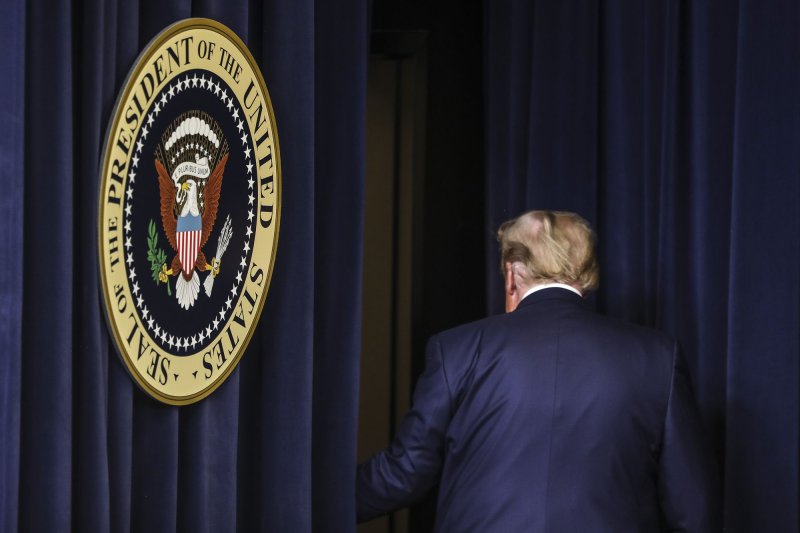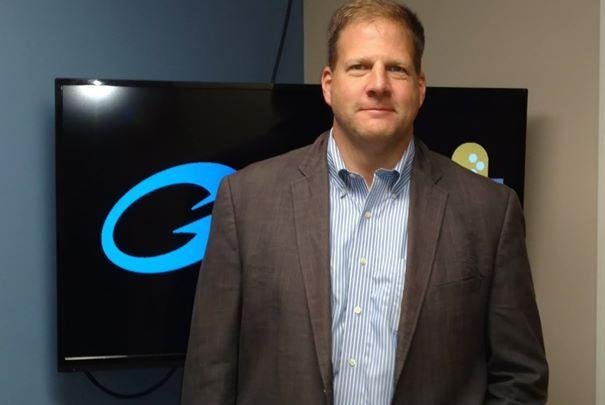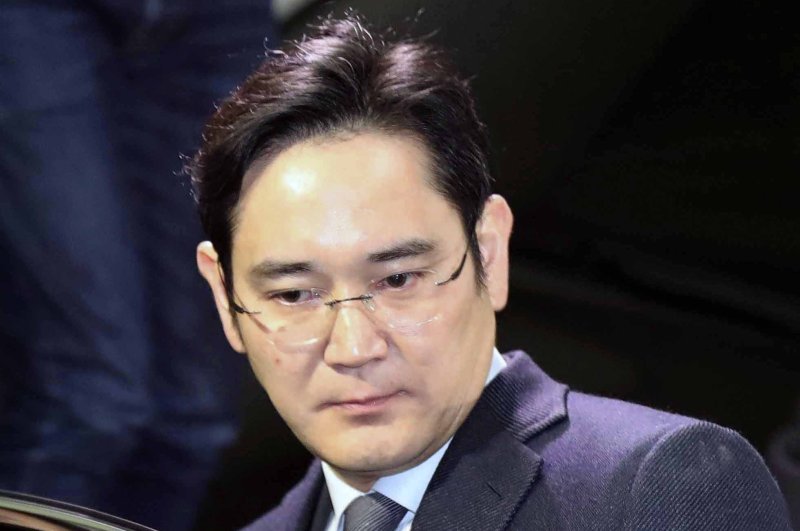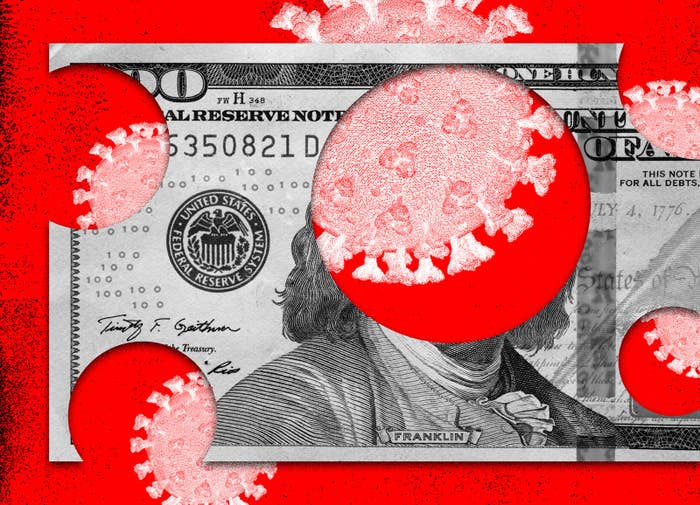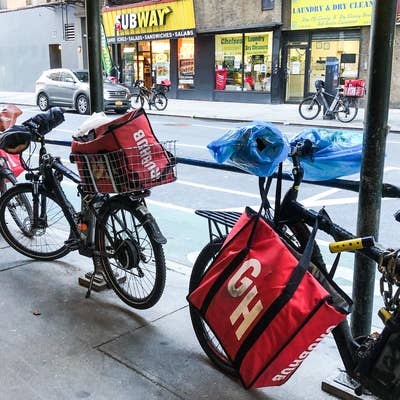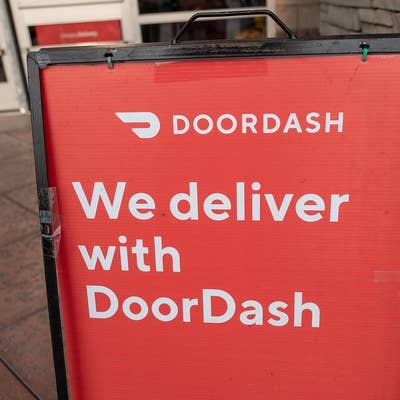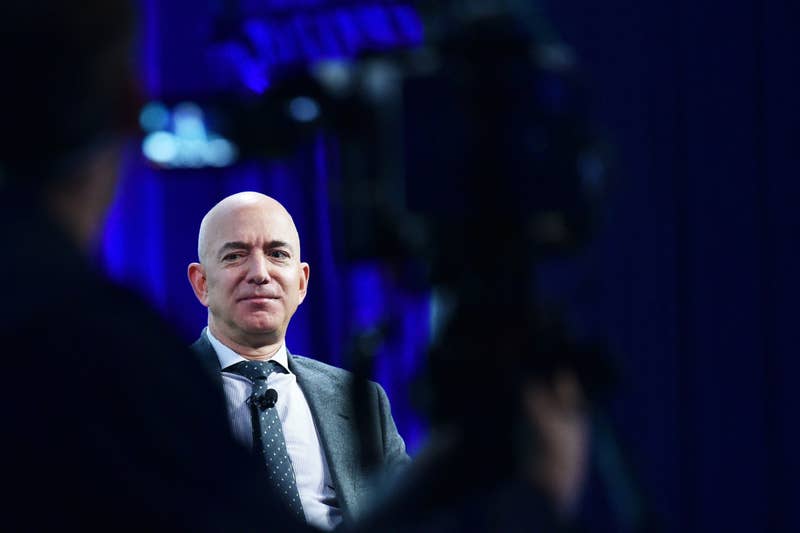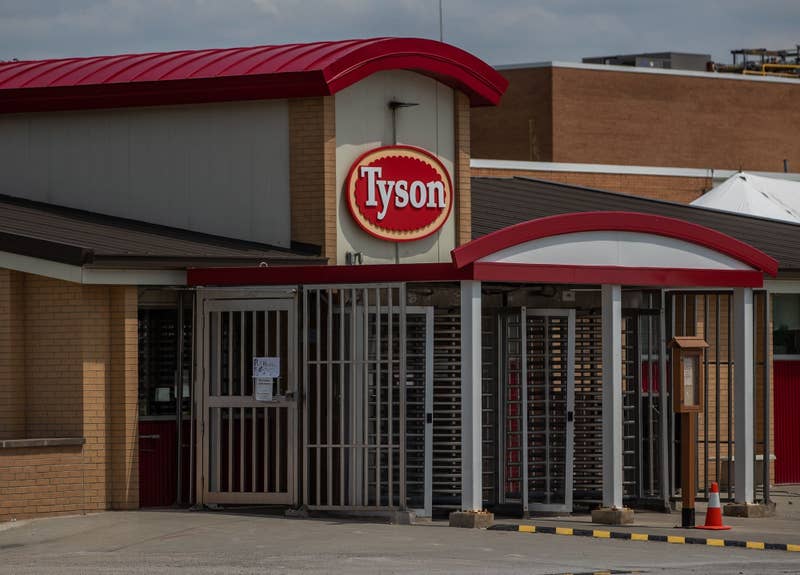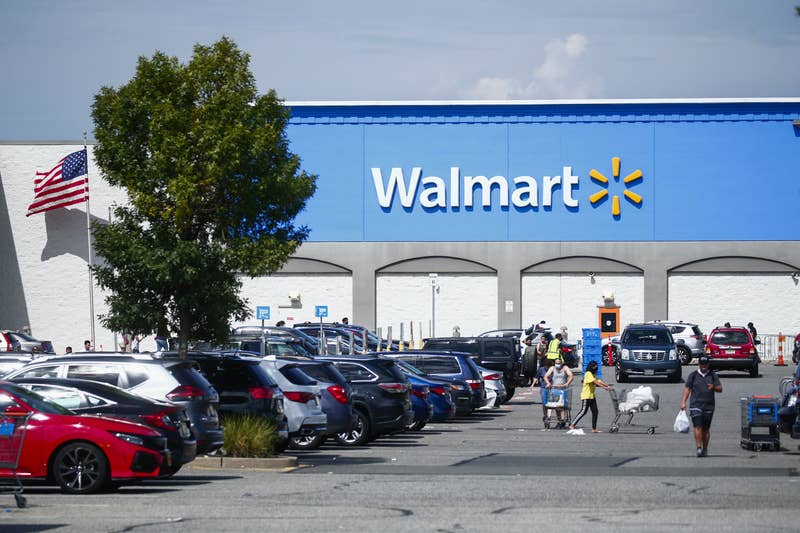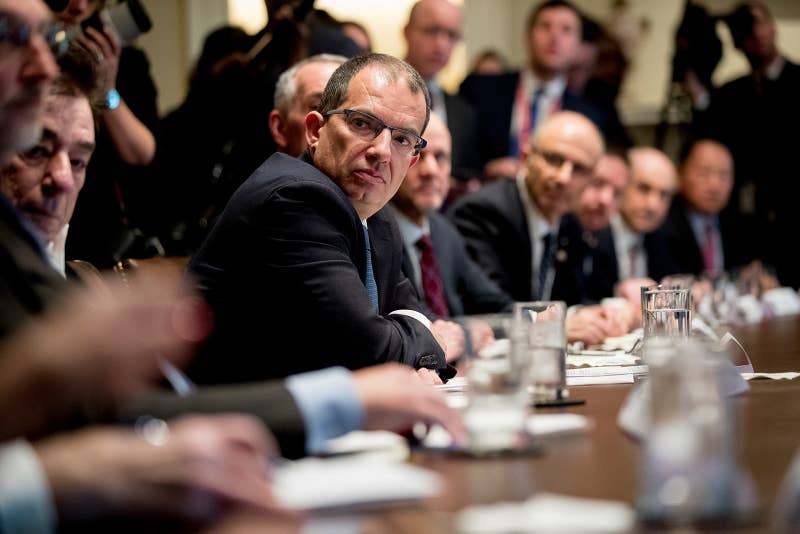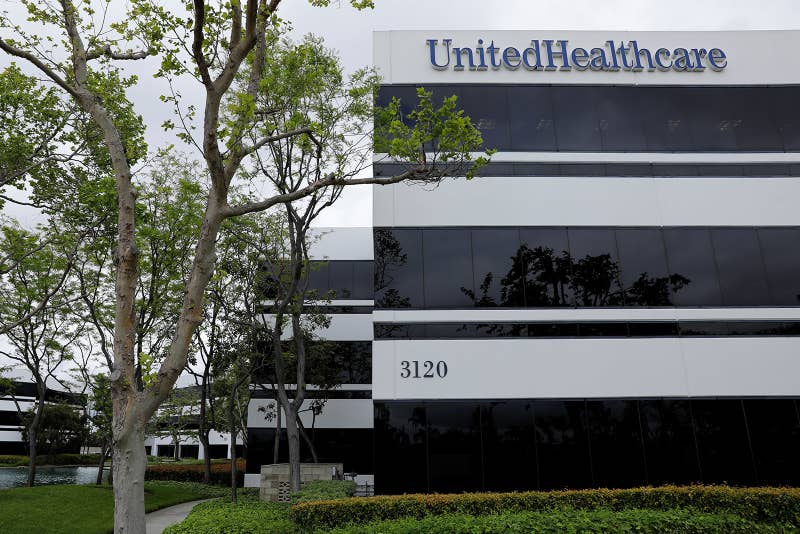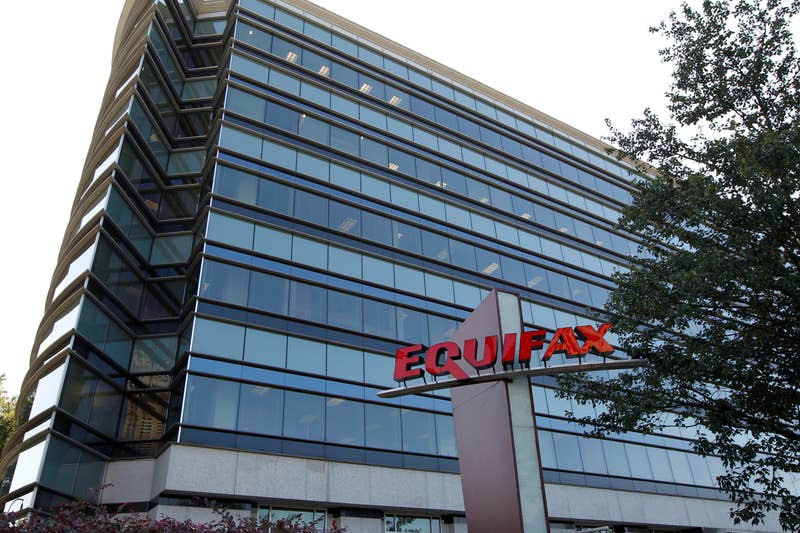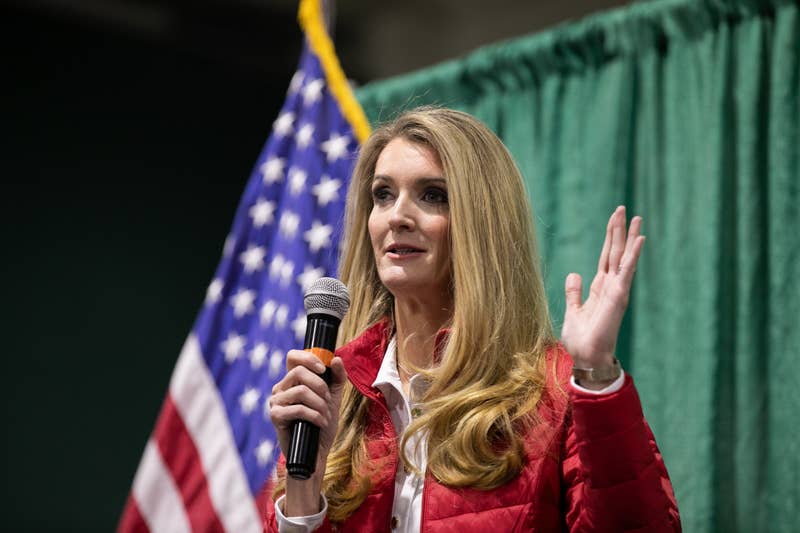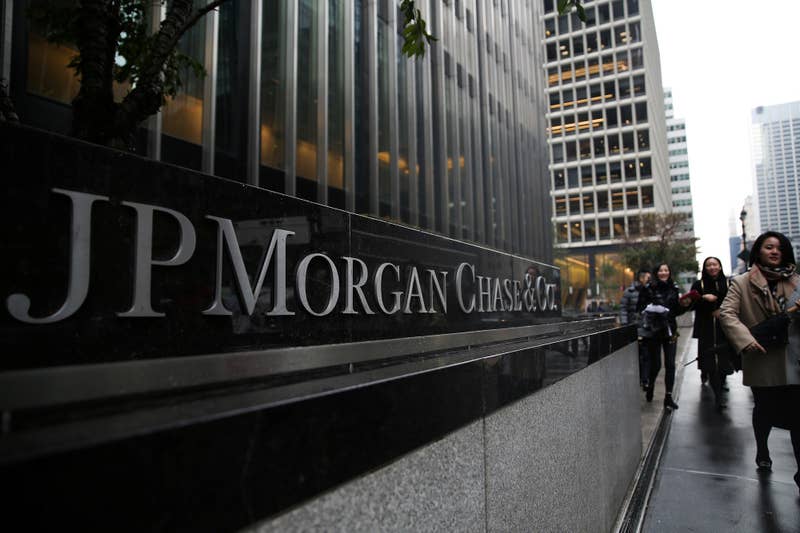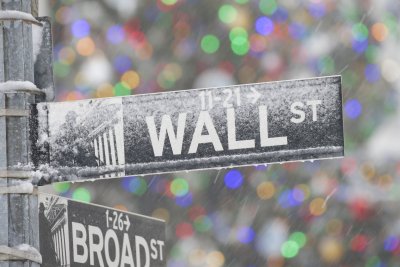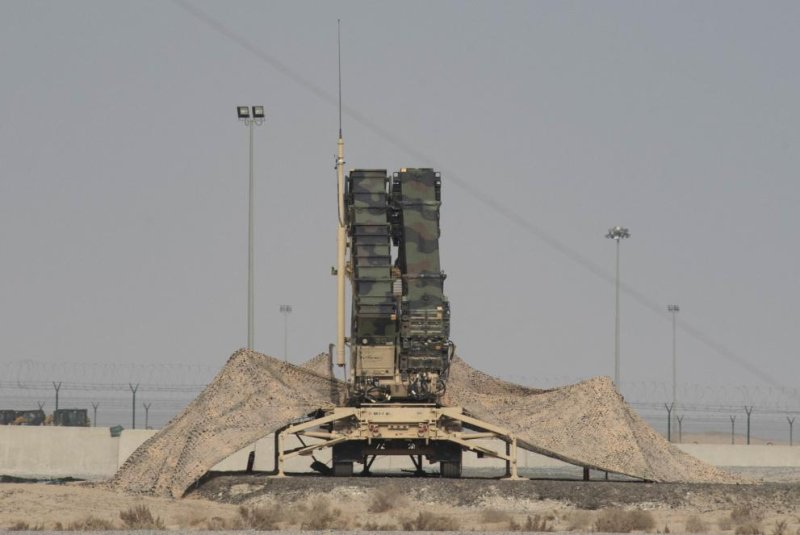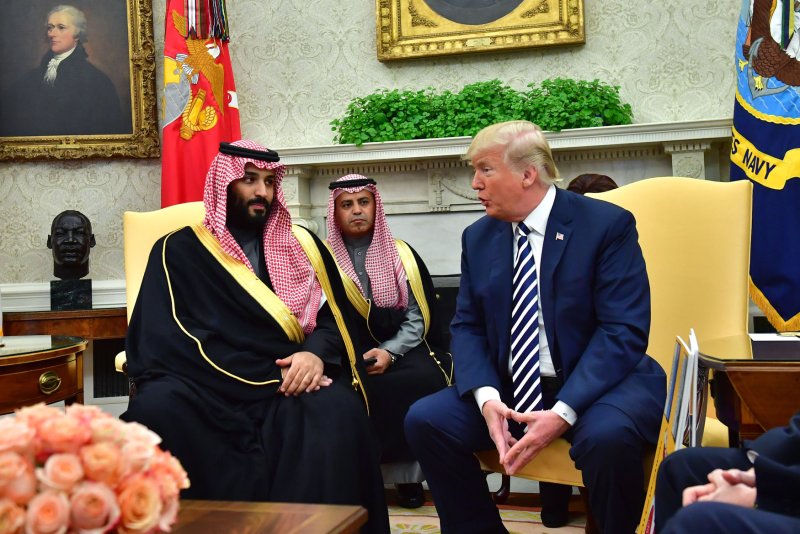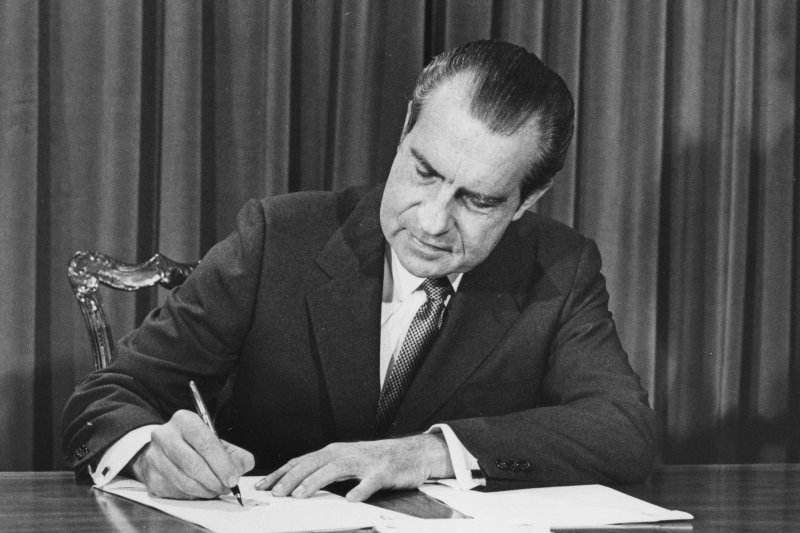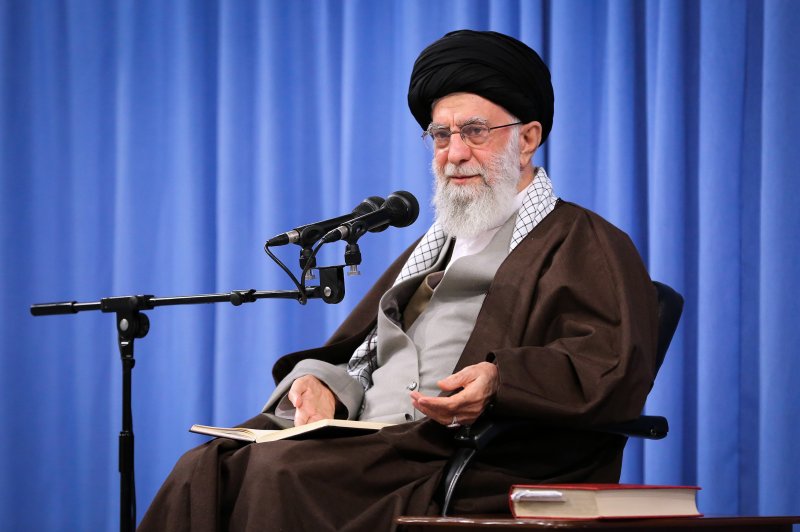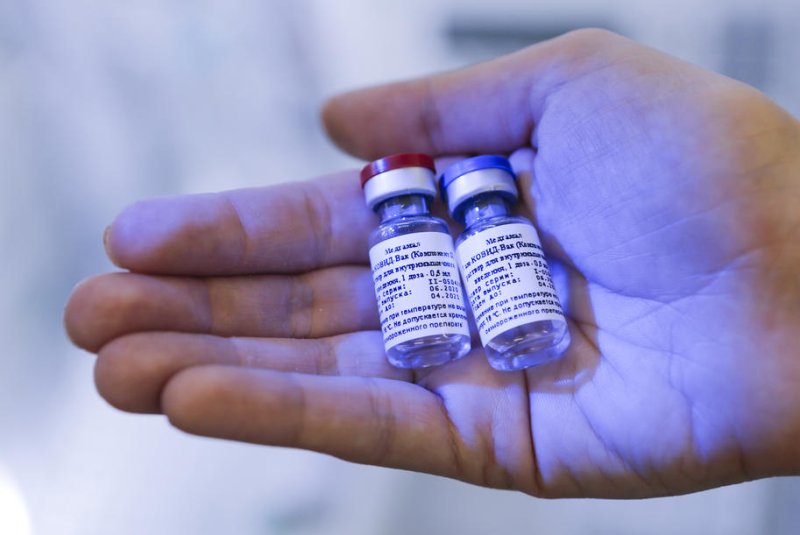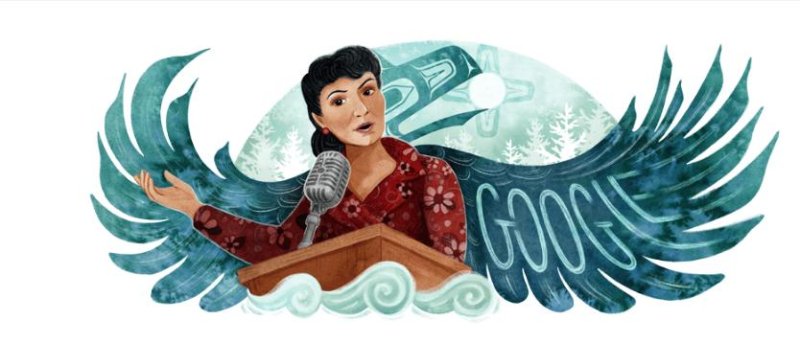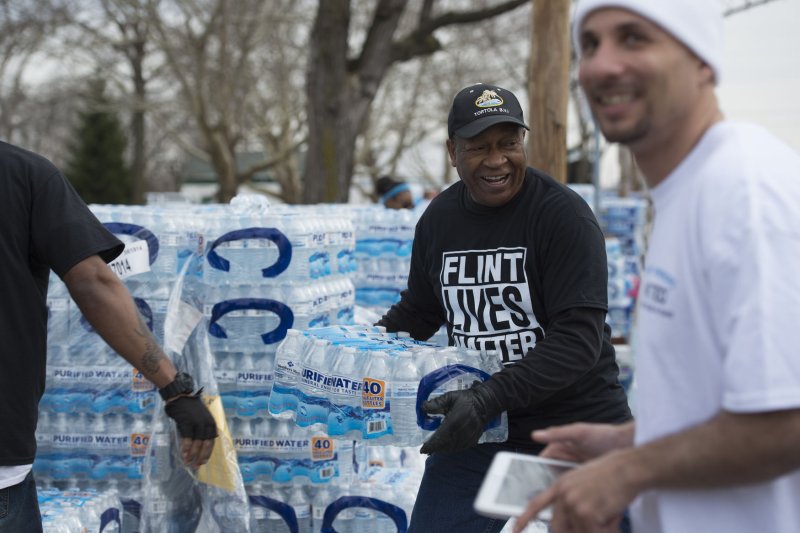
Michigan Gov. Gretchen Whitmer signed two bills into law on Wednesday approving the establishment of a $641 million trust fund to deliver settlement money to residents affected by the Flint water crisis. File Photo by Molly Riley/UPI | License Photo
Dec. 30 (UPI) -- Michigan Gov. Gretchen Whitmer on Wednesday approved the creation of a trust fund to distribute a $641 million settlement to residents affected by the Flint water crisis.
Whitmer signed a pair of bills passed by the state Senate creating the Flint Settlement Trust Fund, which authorizes the state to issue bonds to cover its $600 million share of the settlement.
The settlement includes $20 million from the city of Flint, $20 million from the McLaren Regional Medical Center and $1.25 million from the Rowe Professional Services Co., which will be repaid through an annual $35 million appropriation over the next 30 years.
In August, the state reached the settlement over the crisis that began in 2014 when Flint changed its water source from treated Lake Huron and Detroit water to water from the Flint River treated at the Flint Water Treatment Plant. In the process, officials failed to apply corrosion inhibitors leading to aging pipes leaching lead into the water supply, exposing residents to toxic contamination.
The settlement includes hundreds of millions of dollars for a victim compensation fund with nearly 80% of the payments going to residents who were under age 18 at the time of the crisis, since they are especially vulnerable to toxic effects of lead that can impact brain development and a designated $12 million fund to provide special education for students who suffer health and behavioral effects from lead poisoning.
On Wednesday, Whitmer said the legislation represented a bipartisan effort to help move toward helping the people of Flint heal.
"What happened in Flint should never have happened," she said. "From my first month in office, Attorney General Dana Nessel and I made it clear to our teams that even though we inherited this situation, it was our responsibility to achieve the best possible settlement for the children and families of Flint. While this settlement manever be enough to compensate for what happened, it is a major step toward helping the people of Flint heal."
